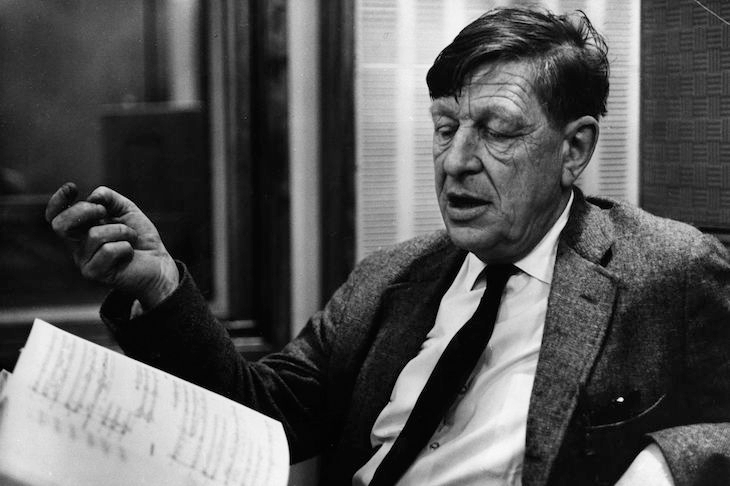Basil Ransome-Davies There’s Chaucer the gofer, there’s ode-machine Hood, There’s Herbert the God-bothered parson. There’s Shakespeare the aspirant. They’re only good For wiping a metrophobe’s arse on.
There’s Whitman the mystagogue, out of his tree, There’s Tennyson, bearded and smelly. There’s Dowson the dipso, and Cummings the twee. They give me an ache in my belly.
Pound’s Cantos are voodoo, they chargrill your brain, While Stevens amounts to a riddle And Ginsberg the Windbag leaks verse like a drain. The bastards are all on the fiddle.
They hijack the language and grind it up fine Into tiles for a fancy mosaic. Go stick your damn tropes where the sun doesn’t shine. I am ad infinitum prosaic.
Chris O’Carroll Every iamb, every trochee, every anapestic joke he Tries to tell is more annoying than the last one. With each spondee, with each dactyl, she seems flaky as a fractal. Are they stoned or drunk or trying to pull a fast one?
When their measures wax erotic, they look weirdly unexotic. All those rhymes and rhythms they keep having fun with May be just benignly strange, or may pose some grave moral danger, So beware the foolish straw their gold is spun with.
Some are Beat and some Romantic. All their egos are gigantic. Keep your distance when they try to draw you close. Their metaphors are snares that will catch you unawares, And their similes are like a fatal dose.
Some are living, some are dead, some are Sylvia and Ted, And you wouldn’t want to drink with them or date them. The way they play with words, like a chef with dead, plucked birds Makes you wonder why God bothered to create them.
W.J. Webster Good God, the verbiage, the guff That gets itself laid out in print By those who seem to weave their stuff From contemplated navel lint. They cast loose, looping lines to catch Some fluttering passing thought in flight, Or, given feelings words can’t match, Plough on just trotting out the trite. Worse still are those whose grandstand works Come shrouded in some borrowed myth, So if they have a point it lurks Buried deep in thickening pith. For anything that matters, prose Will win as it has always won; And every self-styled poet knows That poetry gets nothing done.
Adrian Fry They live on British sherry and the goodwill of the fey, They cannot drive, so always go by train. You’ll find them all in standard seats for which they cannot pay As, in vague, sepulchral voices they explain. ‘We read at schools, at colleges, with luck, the BBC, Reciting from slim books we cannot sell. It’s vital work; we’re passing the baton of Poetry.’ Is the thing picked up? The poets never tell. They live on tiny payments from yet smaller magazines, From residencies, festivals and worse. They’ll look askance if once you ask what any poem means And despise you if you dare to call it verse. They live by liberal morals, partner-swapping like as not, In garrets filthy, though their hands are clean. They think it’s work, composing rhyming, florid tommyrot Which they hope will earn a medal from the Queen.
Sylvia Fairley Is there anything worse than an evening of verse? how anyone one stands it — to me it’s a puzzle, I refuse to consume a paltry pantoum, I swear that I’ll never indulge in a ghasal.
All poems romantic or, worse still, pedantic, intended to render me vexed and distressed, and sonnets Shakespearian, dull, antiquarian, even Petrarchan, I’d bin with the rest.
I’ve demolished my brain on an unwreathed quatrain and sestinas conducive to premature death, I’m avoiding the hell of a vile villanelle or a sad Sapphic ode, till I breathe my last breath.
Poets? My mission’s to set up petitions to curb the offenders, with no recompense; no time for apologies, burn the anthologies, make penning poems a hanging offence.
Ian McEwan was challenged on the Today programme to come up with the beginning of a novel inspired by the current confrontation with Russia. Let’s have a short story from you inspired by these events. Email entries of up to 150 words to lucy@spectator.co.uk by midday on 4 April, please.





Comments